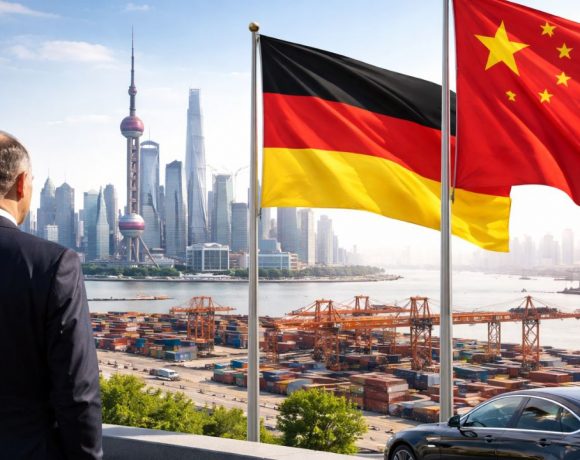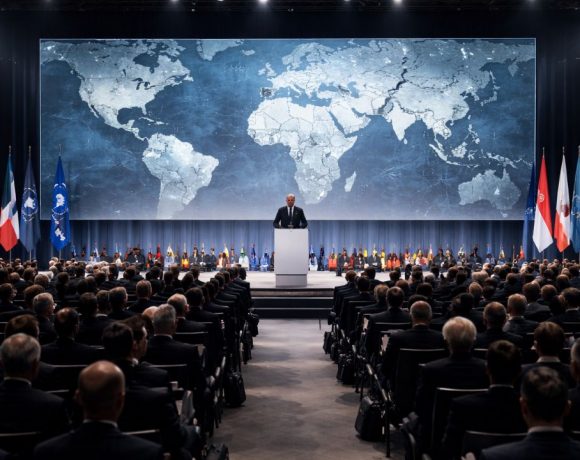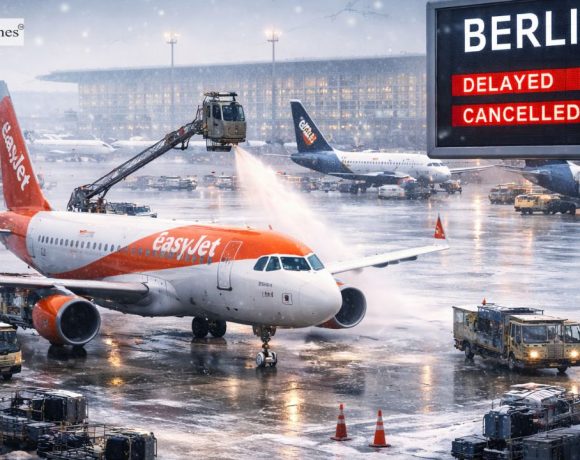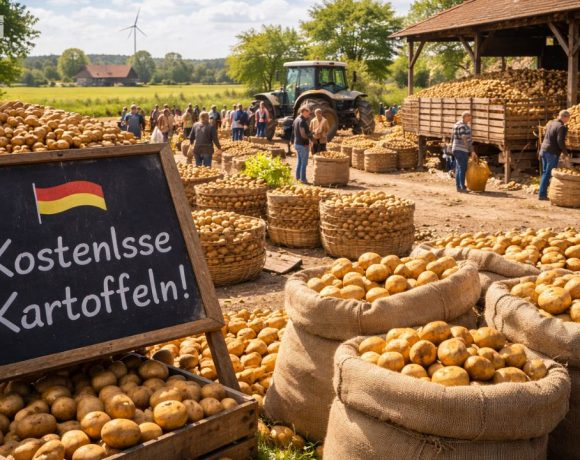
Germany’s Cologne administrative court has granted an injunction preventing the domestic intelligence agency (BfV) from classifying the Alternative for Germany (AfD) as right-wing extremist, pending a full court ruling. The decision provides temporary relief to the far-right party ahead of five state elections scheduled for later this year.
The injunction was filed by the AfD to contest the 2025 BfV decision labeling the party as extremist, which would have allowed increased monitoring by the intelligence service. The court noted that it could not currently establish that the party as a whole is dominated by extremist positions, thereby suspending the agency’s classification until further review.
The BfV’s May 2025 classification had triggered political tensions in Germany, with calls from some lawmakers to ban the party and criticism from the AfD itself, which argued the move undermined democratic principles. The U.S. administration also expressed concern, with Secretary of State Marco Rubio urging German authorities to reconsider the designation.
Pic courtesy: google/ images are subject to copyright









